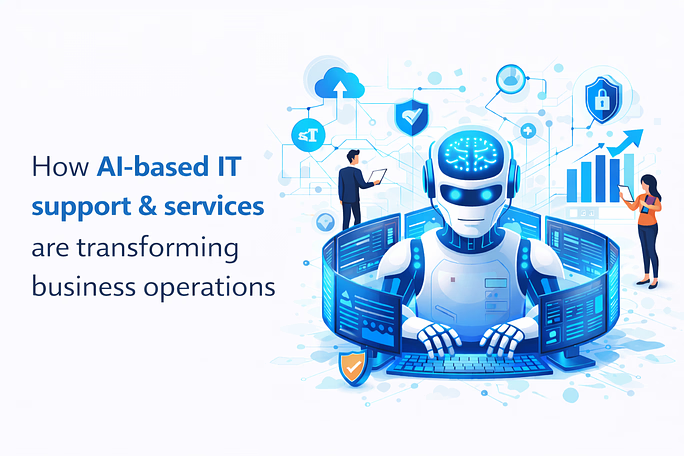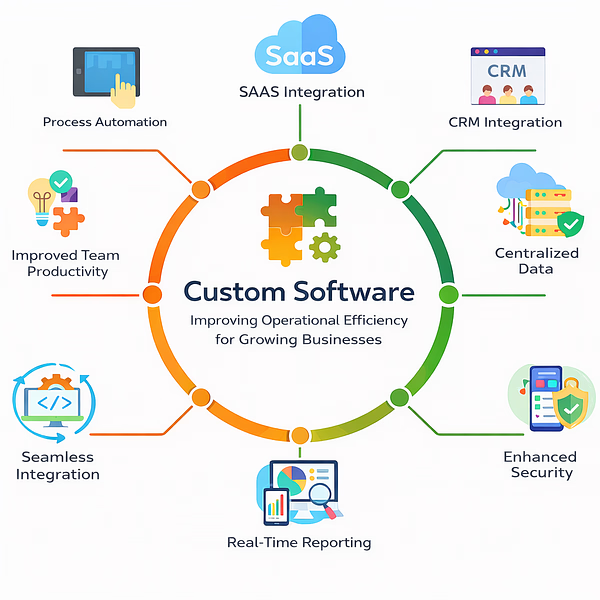Private vs. Public Blockchains: Understanding the Differences

In the rapidly evolving world of blockchain technology, one question that often arises is the difference between private and public blockchains. Understanding these distinctions is essential for businesses looking to leverage a blockchain development service or partner with a blockchain software development company. Both types of blockchains offer unique advantages and drawbacks, and choosing the right one can significantly impact your project’s success.
This comprehensive guide will break down the differences between private and public blockchains, highlight their pros and cons, and help you decide which option aligns best with your business goals and blockchain programming requirements.
What is a Blockchain?
Understanding Public Blockchains
- Bitcoin
- Ethereum
- Litecoin
Key Features of Public Blockchains
- Decentralized: No single authority controls the network.
- Transparency: All transactions are visible to anyone on the network.
- Security: High level of security due to distributed consensus mechanisms like Proof of Work (PoW) or Proof of Stake (PoS).
- Anonymity: Users can interact without revealing personal information.
Advantages of Public Blockchains
- Trustless Environment: Users do not need to trust a central authority.
- Community Support: Strong developer and user communities.
- Innovation Friendly: Great for testing and deploying decentralized applications (dApps).
Disadvantages of Public Blockchains
- Scalability Issues: Slower transaction times and high fees.
- Energy Consumption: Especially in PoW networks.
- Limited Privacy: All transaction data is publicly accessible.
Understanding Private Blockchains
Key Features of Private Blockchains
- Controlled Access: Only authorized entities can participate.
- Centralization: A single organization or a group of organizations control the network.
- Efficiency: Higher transaction throughput and lower latency.
- Privacy: Enhanced data privacy and confidentiality.
Advantages of Private Blockchains
- High Performance: Faster transactions and consensus processes.
- Regulatory Compliance: Easier to meet legal and compliance requirements.
- Data Privacy: Confidential transactions suitable for sensitive data.
- Customizability: Tailored to specific business needs.
Disadvantages of Private Blockchains
- Limited Decentralization: Trust is placed in a central authority.
- Restricted Transparency: Only accessible to permitted participants.
- Vendor Lock-in Risks: Dependency on specific technology providers.
Private blockchains are preferred by industries such as healthcare, finance, and supply chain management where data privacy, regulatory compliance, and performance are crucial. A professional blockchain development service can help design and implement a private blockchain that aligns with your business model.
Public vs. Private Blockchains: A Comparative Overview
|
Feature |
Public Blockchain | Private Blockchain |
|---|---|---|
| Access | Open to all | Restricted to authorized users |
| Consensus Mechanism | Decentralized (PoW, PoS) | Centralized or consortium-based |
| Transparency | High | Limited |
| Speed & Scalability | Generally slower | Faster and more scalable |
| Security | High due to decentralization | High but dependent on internal controls |
| Privacy | Low | High |
| Use Case Examples | Cryptocurrencies, dApps |
Enterprise solutions, internal audits |
How to Choose the Right Blockchain for Your Business
1. Business Goals
- If transparency and trustlessness are critical, go with a public blockchain.
- If privacy, efficiency, and control are priorities, a private blockchain is better.
2. Regulatory Requirements
- Public blockchains may not meet stringent data protection regulations.
- Private blockchains can be configured to comply with GDPR, HIPAA, etc.
3. Scalability and Speed
- Public blockchains can suffer from congestion.
- Private blockchains offer better performance for high-volume transactions.
4. Security Needs
- Public blockchains are secure but can be targets of cyberattacks.
- Private blockchains limit exposure by restricting participation.
Use Cases of Public Blockchains
- Decentralized Finance (DeFi): Enables open financial systems.
- Supply Chain Transparency: Track products across the globe.
- Digital Identity: Give users control over their personal data.
Use Cases of Private Blockchains
- Healthcare Records: Securely store and share medical data.
- Banking and Finance: Enable private, auditable transactions.
- Enterprise Resource Planning (ERP): Streamline internal operations.
The Role of Blockchain Development Services
- Consultation & Strategy: Understanding business needs and crafting a blockchain roadmap.
- Design & Architecture: Creating scalable and secure blockchain networks.
- Development & Deployment: Writing blockchain programming logic, smart contracts, and deploying the solution.
- Maintenance & Upgrades: Keeping the system up-to-date and secure.
Working with a top-tier blockchain software development company ensures your blockchain project adheres to industry standards, security protocols, and scalability benchmarks.
Blockchain Programming: Core Technologies
- Solidity: Primarily for Ethereum smart contracts.
- Go: Used in platforms like Hyperledger Fabric.
- Rust: Known for building secure and high-performance applications.
- JavaScript & Python: Common for dApp frontends and APIs.
- Web3.js / ethers.js: Libraries to interact with Ethereum-based blockchains.
Exploring Hybrid Blockchains: The Best of Both Worlds?
What is a Hybrid Blockchain?
Benefits of Hybrid Blockchains
- Selective Transparency: Businesses can choose which information to make public and which to keep private.
- mproved Scalability: By offloading sensitive operations to a private chain, the overall network performance improves.
- Regulatory Flexibility: Hybrid models can help organizations meet compliance requirements without sacrificing the benefits of decentralization.
- Interoperability: Easier integration between legacy systems and new blockchain-based frameworks.
Real-World Applications: Case Studies of Blockchain in Action
Public Blockchain Example: Ethereum in DeFi
Private Blockchain Example: IBM Food Trust
Hybrid Blockchain Example: XinFin
Future-Proofing Your Blockchain Strategy
- Modular Architecture: Choose a system design that supports easy upgrades and scalability.\n- Compliance Readiness: Anticipate regulatory changes and ensure your system can adapt.\n- Cross-Chain Compatibility: Opt for solutions that support interoperability with other blockchains.\n- Ongoing Support: Partner with a blockchain software development company that offers continuous support and updates.
- Whether your project demands the openness of public chains, the control of private ones, or the flexibility of hybrid solutions, working with a trusted blockchain development service is critical. Their expertise in blockchain programming ensures your platform is built on a solid foundation—ready to meet the needs of today and evolve with the demands of tomorrow.



